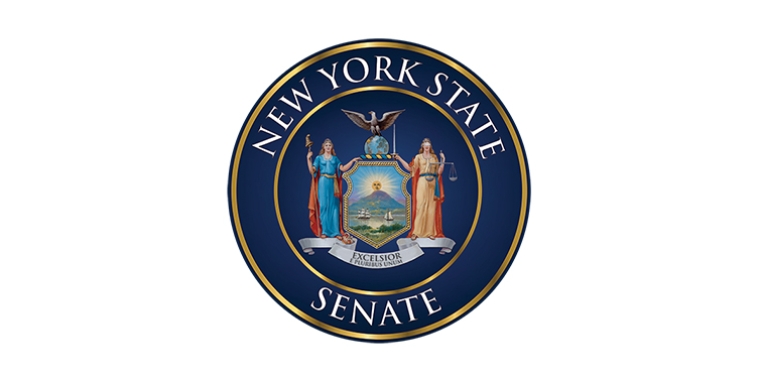
Statement by Senator Brad Hoylman on Supreme Court Decision to Uphold the Travel Ban
June 26, 2018
NEW YORK - State Senator Brad Hoylman (D, WF-Manhattan) released the following statement denouncing the Supreme Court’s ruling in Trump v. Hawaii upholding a travel ban for several majority muslim communities wishing to enter the United States.
State Senator Brad Hoylman said: “Trump’s travel ban is state-sponsored Islamophobia and an attack on true American values. I am disgusted by Trump’s unabashed bigotry and disappointed that the Supreme Court has upheld his un-American policy. Today’s decision will go down with Dred Scott v. Stanford and Korematsu v. the United States as a stain on the American ethos, inflicting pain on hundreds of thousands of families and individuals and doing nothing to benefit our nation’s homeland security. With the federal government in the grips of a bigoted and xenophobic ideology, it’s up to states like New York to defend the core American values of tolerance, justice, and equality.”
Last February, following the announcement of President Trump’s travel ban, Senator Hoylman introduced legislation with Senator José Serrano to make New York a sanctuary state and protect immigrants from being victimized by unjust deportation procedures and racial profiling. Their legislation, New York State Liberty Act bill (S4075A) would ensure that anyone in need of vital government services would not be unnecessarily questioned about their immigration status, prohibit local law enforcement agencies from stopping or arresting a person based on perceived immigration status or a suspected violation of federal immigration law, prevent law enforcement agencies from inquiring about the immigration status of persons contacting such agencies – including victims and witnesses – and provide the right to legal representation for all people facing deportation proceedings.
Senator Hoylman and Senator Serrano also introduced legislation (S4234) to prohibit State and local governments from participating in any federal registry or database based upon race, color, creed, gender, sexual orientation, religion, or national or ethnic origin.
Share this Article or Press Release
Newsroom
Go to Newsroom

H.E.L.P. (“Harness Expertise of Licensed Professionals”) Act
November 19, 2024

Letter to NYS DOT on Route 9A
November 8, 2024
